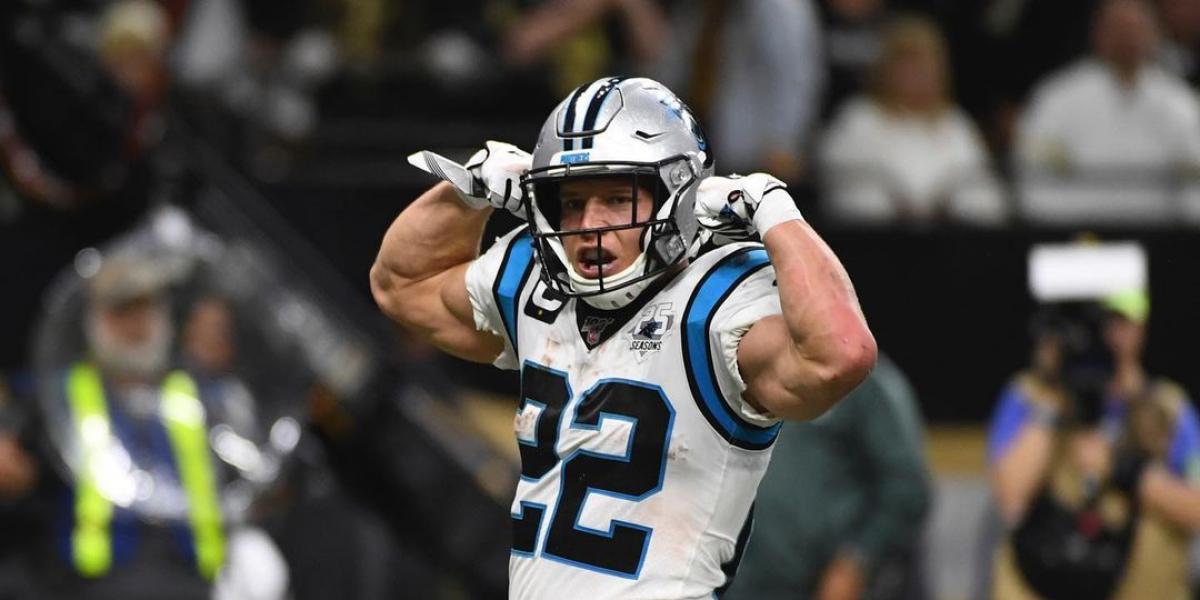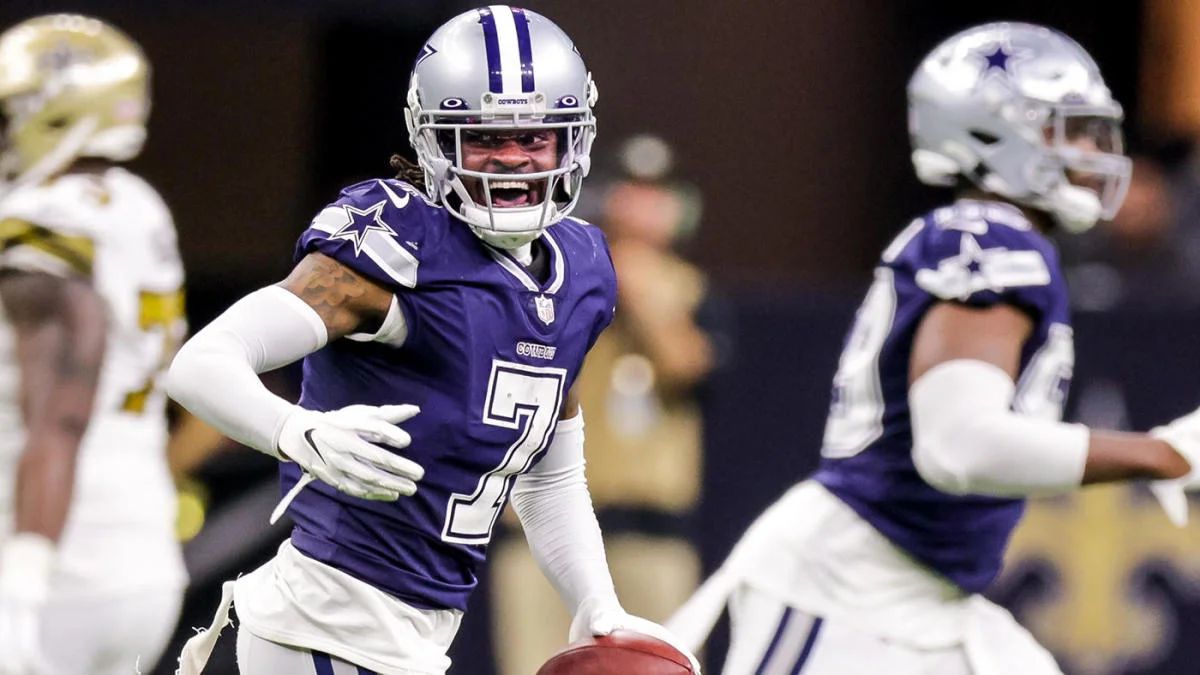The New
York Times article by Jenny Varentas related to the grand jury proceedings,
which ended with no charges being filed against Deshaun Watson, Brown's
quarterback, details the great conversation between assistant district attorney
Jonah Stallings and attorney Rusty Harden.
Harris
County District Attorney Kim Ogg, who manages the prosecutor's office in
Houston, currently interviewed Mike Melster about the reported contact between
Harden and Stallings, among other things.
Ogg
said, "Absolutely normal." "We approach defense lawyers.
They
approach us. Communication is much different from collaborating or working
combine to get a result. It just doesn't happen. It's not moral. And that's not
what we did." And that's not what happened in this situation. "
Ogg
also praised and chided Vrentas for featuring the conversation between Harden
and Stallings.
Ogg
said, "So I thought there was a lot of artistic freedom gained in this
case by the author, who made an assumption - which we are not permitted to do -
that whenever someone circulates the text of a phone call, that they are making
alliances." "We do not work with the plaintiff's lawyers, " I
said. We don't want to be affected because of the purpose of the accusation. So
when you're dealing with a criminal defense lawyer, it is different; they are
representing a person we can't conversate to without them. We need to know what
to do or where to live.
It is a
bit complicated, obviously. If Watson is not testifying before the grand jury,
why does the prosecution need to tell the lawyer of Watson "about where to
be or what to do"? There is no administrative connection until the suspect
is formally charged.
Ogg
also noted the fact that Harden was permitted to provide a "packet"
for the presentation to the grand jury.
Ogg
said, "When they contain a packet as was discussed in this case, it is
amusing, that is only a local custom, permitting defense lawyers to put
together a packet." "You won't search for any kind of help for it in
the law; you won't find any protocol for it as it is something that is only
being crafted through practice between our criminal defense bar and our
prosecutors. And what we perform is they put together what they require the
grand jury to recognize or hear, and we will show it. And we show it because we
want to know, too. What's their side? What are they presenting? And remember,
we cannot force their client, or objective, to testify."
That is
also complicated. The prosecutor lets the defense lawyer combine together
whatever they wish to put together, and then they give it to the grand jury
without even knowing what it is? No matter what it is? What if it carries an
invalid representation of the facts? What if it was a video of Rusty Hardin on
horseback telling, as he has done openly, that all of the women together who
have alleged Watson of wrongdoing were lying? What if it was a Leah Graham's
video of demonstrating, as she has done openly, that Tony Buzbee is a pied
piper who has harvested a group of women with meritless claims to advance his
social-media following and get popularity on TV?
Does
Ogg really predict someone to believe it is a regular practice for a defence
lawyer to engage in the exercise of cake-and-eat-it of not showing the suspect
for grand jury testimony but also offering a one-sided, self-serving
presentation of the suspect's viewpoint?
From
the Times article, Ogg also took problem with the idea that
packets are utilized only by high-profile defendants who can perform such
activities with their funds, calling it a "boasting" account of a
common practice.
Ogg
said, "Numbers-wise, because a lot of people are identified at the scene
in the middle of the crime, defense lawyers trickily — or simply because they
don't perform the work — will not give packets in brutal crimes or immediate
crimes." "High status has nothing to do with it. Packets are the
same. Even though in respect to numbers, because many people are imprisoned for
what I'm saying, immediate crime or something that occurs where the action is
taken promptly, they are not given many times. In these types of cases or cases
where a crime is acknowledged later, lawyers often do it."
So
packets are the same, except when they aren't. And the case profile doesn't
matter, except when it does. And some lawyers "don't perform the
work" to put a packer together. Of course, many of those lawyers don't
have clients who can provide the rate per hour for the creation of the packet
or fund at hundreds of dollars each hour, the continuous annoyance of the
prosecutor, which, as we have advanced in this case, was positioned at giving
Stallings a glance of what her professional life would have been like if Watson
had been indicted.
Although
Ogg said a lot, she was never compelled to confront the actual reason
(according to my thoughts) why Stallings did not save anyone. Stallings did not
believe she could substantiate the accusations beyond an affordable doubt. He,
therefore, permitted Harden to make his case (without any questions with his
client) and wished that the grand jury would opt to defer the civil justice
system.
Yes,
even though the entire grand-jury proceedings remain cloaked in medieval
secrecy, it is a safe bet that someone created the grand jury aware that these
complainants had another way to potential justice and that the grand jurors
quite possibly decided simply to defer to the other main branch of the justice
system. Making the outcome anything but an exoneration of Watson — no matter
how much Hardin would like to treat it that way.
Yes,
although the entire proceedings of the grand jury are shrouded in medieval
secrecy, it is a secure bet that someone acknowledged to the grand jury that
these plaintiffs have another avenue for expected justice and that the grand
jury might have simply decided to delay the decision—another significant branch
of the justice system. The impact is nothing else than the apology by Watson -
no matter how much Harden is willing to deal with it.



Login To Leave a Comment